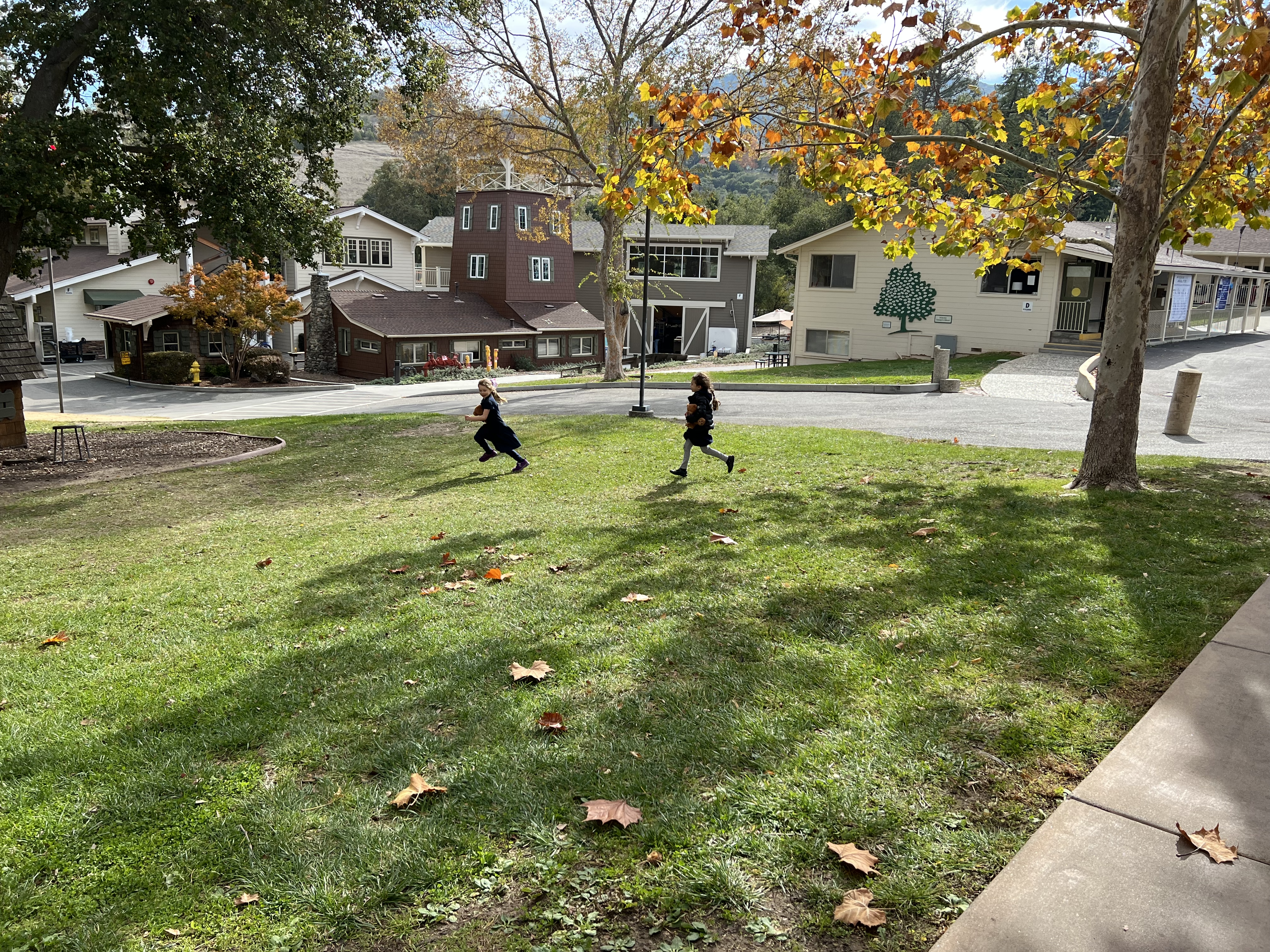By Ilsa Dohmen, Director of Teaching & Learning
I’ve just finished reading Susan Cain’s fabulous book Quiet: The Power of Introverts in a World that Can’t Stop Talking. After our most recent Instructional Round focused on the question of how introverted children experience our classrooms, I was eager to find more content on the subject. The book is a delightful mix of cultural history, medical science, and personal narrative centered around explicating the mistake we have made by devaluing our quieter, more reflective community members, encouraging them to see their sensitivity, their reserve, and their thoughtfulness as deficits to be exorcised.
At a time in our culture when paying deep attention, listening, and cultivating respect and attention for people, places and ideas different from our own seems at an all-time low, Reach Beyond Week was a bright spot for me as an educator. My own group explored the neighborhood of downtown San José and asked what its future might be as a city poised for growth. We met, listened to, and asked questions of experts and influencers who gave generously of their time, including former Mayor Tom McEnery, Executive Director of San José Downtown Association Scott Knies, Homelessness Response Team Leader Lorena Diez, Mexican Heritage Plaza Executive Director Tamara Alvarado, President of Swenson Development Case Swenson, Local Color Founding Director Erin Salazar, Groundwerx team member Corinna, KIVA San José Program Operations Intern Jake Blas, and P-BID President, and longtime downtown business owner, Chuck Hammers. After a couple days collecting these people’s narratives and perspectives around downtown, our group sat in a math classroom on-campus to ask ourselves, who did we meet and what mattered most to each of them? What did this person tell us about San José, about themselves, about their work, that reveals what matters to them? And how (relying on skills like close-listening and note-taking) do we know?
My takeaways from the week were myriad, personal and professional. One takeaway, that students also voiced, is that city planning has tremendous complexity and people see issues (like pensions, homelessness, parks) from very different angles. There weren’t easy answers to our questions and no solution seemed likely to be equally supported by all the people we met.
The second big takeaway, for me, was a real broadening of what it means to “reach beyond yourself and make a difference.” In our week, we saw countless examples; each person we met was working hard on something that matters to them, and having a huge impact on their communities. Almost none of these looked like community service as typically structured in schools. Instead it looked like meeting with people around the neighborhood, being informed about local issues, writing to government officials, creating a club, running a business in a particular way, supporting an initiative by speaking on its behalf, mindfully using public transit, bringing a mug to avoid plastic water bottles, attending certain events. These actions, mindsets, and practices did not look like add-ons to their lives or jobs but like ways of living and working. I was reminded throughout the week of all the ways our day-to-day choices affect others, and how those small impacts ripple out to create cultures with an impact that resonates. I was reminded how personal these actions can be, how unique to each person’s particular strengths and values. Most of all, I was reminded that each of us is constantly reaching beyond ourselves and making a difference in the world, whether we are intentional about that impact or not—our impact-behaviors are not separate from our other behaviors.
Susan Cain writes in her conclusion of Quiet, “We know from myths and fairytales that there are many different kinds of powers in this world. One child is given a lightsaber, another a wizard’s education. The trick [for an individual] is not to amass all the different kinds of available power, but to use well the kind you’ve been granted.” At Hillbrook, our students come with all different powers—of perception, of action, of reflection, of persuasion… The impact they have on the world will look different, and it’s already begun. The better we understand as adults all the ways we each make a difference, the better we will be at helping students see how they also make a difference, not only when they grow up, not only through opportunities created and managed by their school, but all the time, right now.

